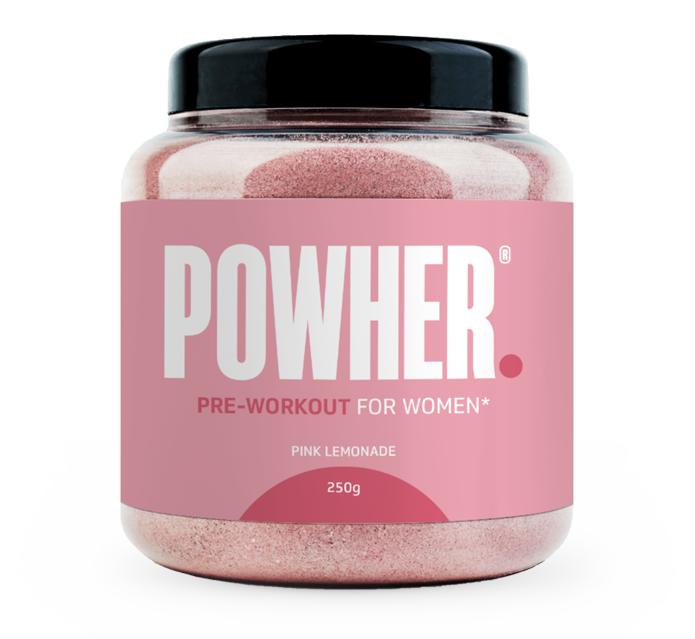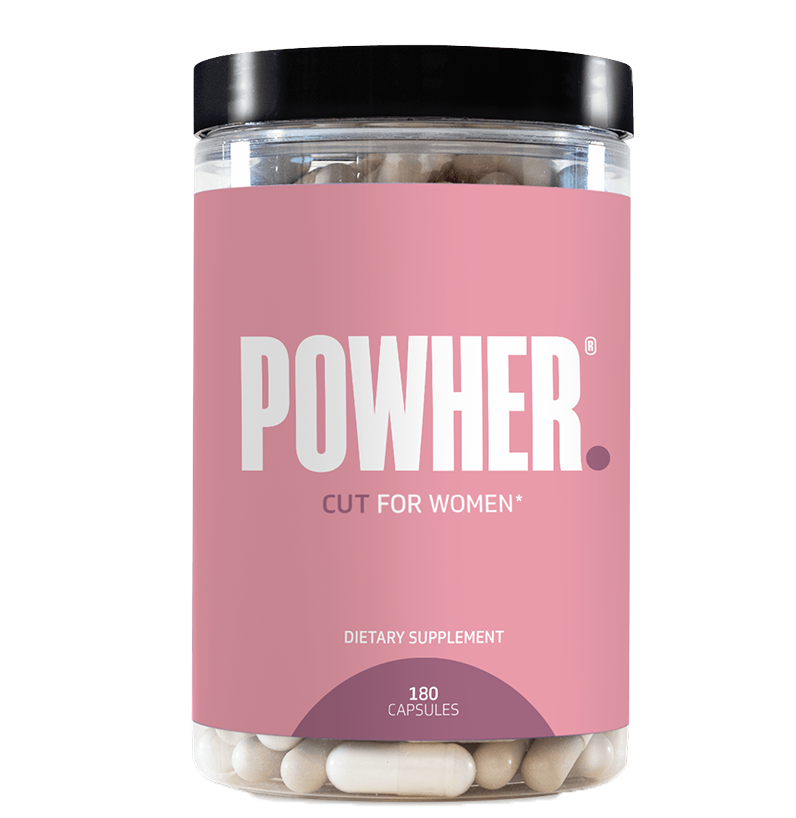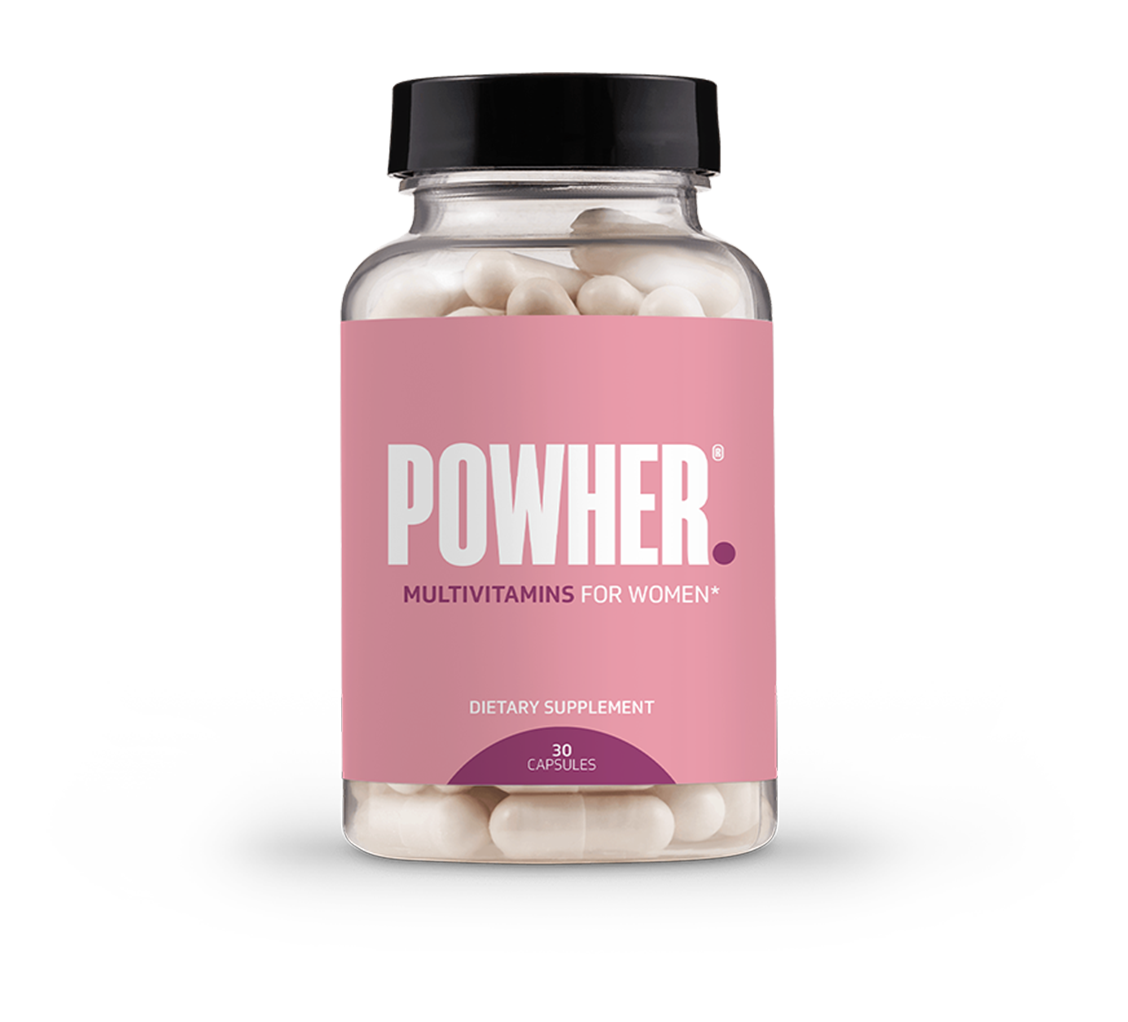Beta-alanine is an amino acid commonly used in workout supplements.
The ingredient is popular because of its positive links to exercise performance, capacity, and endurance.
In this blog post, we’ll give you a full rundown of –
- What beta-alanine is
- How beta-alanine helps your workout
- How beta-alanine works
- How to take it
- Potential beta-alanine side effects
- And much more
First up –
What is beta-alanine?
Beta-alanine is a naturally-occurring amino acid.
(You may also see this amino acid called β-alanine, using the Greek symbol for ‘beta’.)
Most people get beta-alanine from their diet. Many of the main sources are animal proteins such as meat, fish, and poultry.
Because of this, people with vegetarian or vegan diets may look to supplement beta-alanine, as their dietary intake of this important amino acid is likely to be lower.
Beta-alanine is commonly found in exercise supplements too, thanks to its numerous links with positive workout outcomes (more on this later).
What is an amino acid?
Answering the question “what are amino acids?” relies on a lot of unavoidable scientific jargon.
Amino acids are compounds with specific chemical properties that are the building blocks of protein. Amino acids are found in every cell, organ and tissue in your body.
Each amino acid has a specific structure that allows it to be involved in chemical reactions with compatible molecules.
Science aside though, the question you’re probably more interested in is –
How do amino acids help my workout?
Amino acids are involved in almost all body functions. As we mentioned, they’re the building blocks out of which proteins are built in your body.
Some amino acids are also involved in bodily processes that create energy.
Beta-alanine is a precursor to a molecule called carnosine. This means it’s required for carnosine to be manufactured in your body.
Carnosine reduces acidity in your muscles during anaerobic exercise. The build-up of acidity is what causes the burning sensation you in your muscles that you feel during your workout.
The burning is usually what causes you to get tired and slow down.
When the body is able to quickly remove the acid, this helps to boost your endurance and output.
The theory is that beta-alanine helps your workout by ensuring your body has the building blocks to create carnosine.
Summary 💡
Beta-alanine is a natural amino acid with links to many positive exercise outcomes
What does beta-alanine do, and what are the key beta-alanine benefits?
Beta-alanine has numerous positive impacts on exercise performance and outcomes.
Here are some potential claimed benefits associated with beta-alanine supplementation:
- Beta-alanine may increase exercise power output. Why this matters: You’ll be able to achieve higher intensity muscle-based outcomes. The study cited showed subjects were able to perform higher intensity squats and bench presses.
- Beta-alanine may increase endurance. Why this matters: You’ll be able to work out for longer before feeling tired or getting exhausted, helping you to squeeze out a few more reps or metres.
- Beta-alanine may increase time to exhaustion. Why this matters: If your workout includes cycling, running, or similar, your max workout time may increase with beta-alanine supplementation.
- Beta-alanine may improve self-reported energy and focus. Why this matters: Higher energy and better focus give you the physical resource you need for a better workout, and the mental encouragement you need to keep going.
- Beta-alanine may improve exercise performance. Why this matters: You’ll be able to work harder and achieve more, whether it’s a run or a bout of cardio.
Once your exercise duration extends beyond four minutes, your body’s ATP demand is met by aerobic rather than anaerobic pathways.
One study found that beta-alanine supplementation did increase performance in aerobic exercise over four minutes, but less so than in shorter anaerobic bouts.
Other studies support this finding.
This may mean that if you are doing short bouts of intense weightlifting, which means you are remaining in the anaerobic pathway, beta-alanine may not be quite as beneficial.
However, there is less unanimous consent on this point than other findings associated with beta-alanine.
In the pursuit of transparency and clarity, it’s also worth knowing the things where beta-alanine isn’t linked with performance improvements –
Beta-alanine doesn’t improve power in repeated short bouts. Why this matters: If your workout consists of multiple bouts of exercise lower than 60s each, beta-alanine supplementation may not have much impact (for example, no improvements were found in 400m sprints averaging 51.3s).
Summary 💡
Lots of peer-reviewed scientific research vouches for the potential positive impacts of beta-alanine
How does beta-alanine work?
Beta-alanine is used by your body to synthesise carnosine in your muscles.
The synthesis of carnosine relies on histidine levels being low, and beta-alanine levels being high.
If beta-alanine levels are too low, carnosine will not be synthesised. This is why beta-alanine supplementation might be an effective way of improving workout outcomes, through increased carnosine synthesis.
Baseline carnosine levels vary between males and females, depending on dietary preferences and relative to other factors.
Women usually have lower baseline carnosine than men.
However, beta-alanine supplementation is linked to increases in muscular carnosine regardless of baseline. This suggests that supplementation can be helpful for anyone.
Bear in mind that people respond differently to beta-alanine supplementation. One study found that the muscular carnosine increase after beta-alanine supplementation ranged from 15% in “low responders” to 55% in “high responders”.
This means that some people will benefit more from supplementation than others, and without trying beta-alanine yourself, there’s no way to know where you’ll land on the low-high response spectrum.
Carnosine increase after beta-alanine supplementation was found to be higher amongst vegetarians.
Summary 💡
Taking beta-alanine supplements might increase the amount of carnosine your body produces, which is used to fuel your muscles
How to take beta-alanine?
You can take beta-alanine by itself, or via a multi-ingredient supplement that contains other things as well.
The Powher Pre-Workout for Women is one example of a multi-ingredient supplement containing beta-alanine.
When you buy a beta-alanine supplement or a pre-workout supplement, you’ll find usage directions on the packaging.
There’s no one-size-fits-all answer to this question, as each product will vary slightly. However, you should always follow the directions to the letter, as they’re often carefully written to ensure a safe experience that delivers the expected results.
What’s the best beta-alanine dosage?
If you’re wondering how much beta-alanine to take, the International Society of Sports Nutrition (ISSN) recommends 4-6g of beta-alanine per day, split out into three lower doses.
If you’re looking to hit the ISSN’s recommended daily dose of beta-alanine, we recommend stacking the Powher Pre-Workout with a dedicated beta-alanine supplement.
In fact, this chimes exactly with the summary of the ISSN’s findings –
“Combining beta-alanine with other single or multi-ingredient supplements may be advantageous when the dose of beta-alanine is sufficient (i.e., 4–6 g daily) and the treatment duration is at least 4 weeks.”
Take extra care if you’re stacking multiple products that contain the same ingredients. In this case, you need to ensure that you don’t exceed the recommended daily allowance of any of the ingredients in either formula.
Going back to beta-alanine…
Optimal results were found when supplementation took place for at least four weeks. This minimum duration is linked to increases in muscular carnosine concentrations, giving rise to the myriad positive impacts of beta-alanine outlined above.
When should I take beta-alanine?
Research shows that taking beta-alanine alongside a meal is effective for boosting muscular carnosine levels.
However you probably don’t want to eat just before a workout.
This is why we advise taking Powher Pre-Workout as a drink. It’s a quick and reliable way to deliver the ingredients to your bloodstream before you exercise, so they can get to work.
If you decide to stack beta-alanine products, you can take them later in the day after your workout.
That way, your body’s beta-alanine baseline will gradually increase over the period of time you’re taking the supplements.
This means that when the time comes to workout, you’ll have beta-alanine at the levels associated with most of the benefits outlined above.
Why does beta-alanine make you tingle?
The beta-alanine tingle is a commonly searched beta-alanine side effect.
If you do experience tingling, this usually disappears 60-90 minutes after ingesting beta-alanine.
It’s noted by studies that it’s nothing to be concerned about: there is no evidence that tingling is harmful in the short term or long term.
Are there any other beta-alanine side effects?
Beyond the beta-alanine tingle (formally known as paraesthesia), the International Society of Sports Nutrition (ISSN) note that beta-alanine has no other reported side effects.
We did find some mentions of ‘beta-alanine itch’ while researching this article. However, it looks like this is just how some people describe the tingling we’ve already mentioned.
The Office of Dietary Supplements backup the ISSN’s claim that paraesthesia is the only reported side effect of beta-alanine.
Summary 💡
You might feel tingly after taking beta-alanine but there’s no evidence to suggest this is harmful and there are no other reported side effects
There you have it
Hopefully, this blog post has answered all of the questions you have about beta-alanine.
This amino acid plays an important role in the body. It’s a building block of carnosine and, together, these two chemicals deliver a range of potential exercise benefits.
We’ve introduced a lot of these benefits, and backed them up with peer-reviewed scientific research and opinion from international sports nutrition organisations.
The information we’ve provided here is designed to help you make an informed decision about which supplements are right for your personal workout needs.
Try the Powher Pre-Workout Today
Disclaimer: The information on the Powher blog does not constitute medical advice and should not be used as such. If you would like to learn more about your dietary requirements and related aspects of your health, speak with a registered medical professional.




